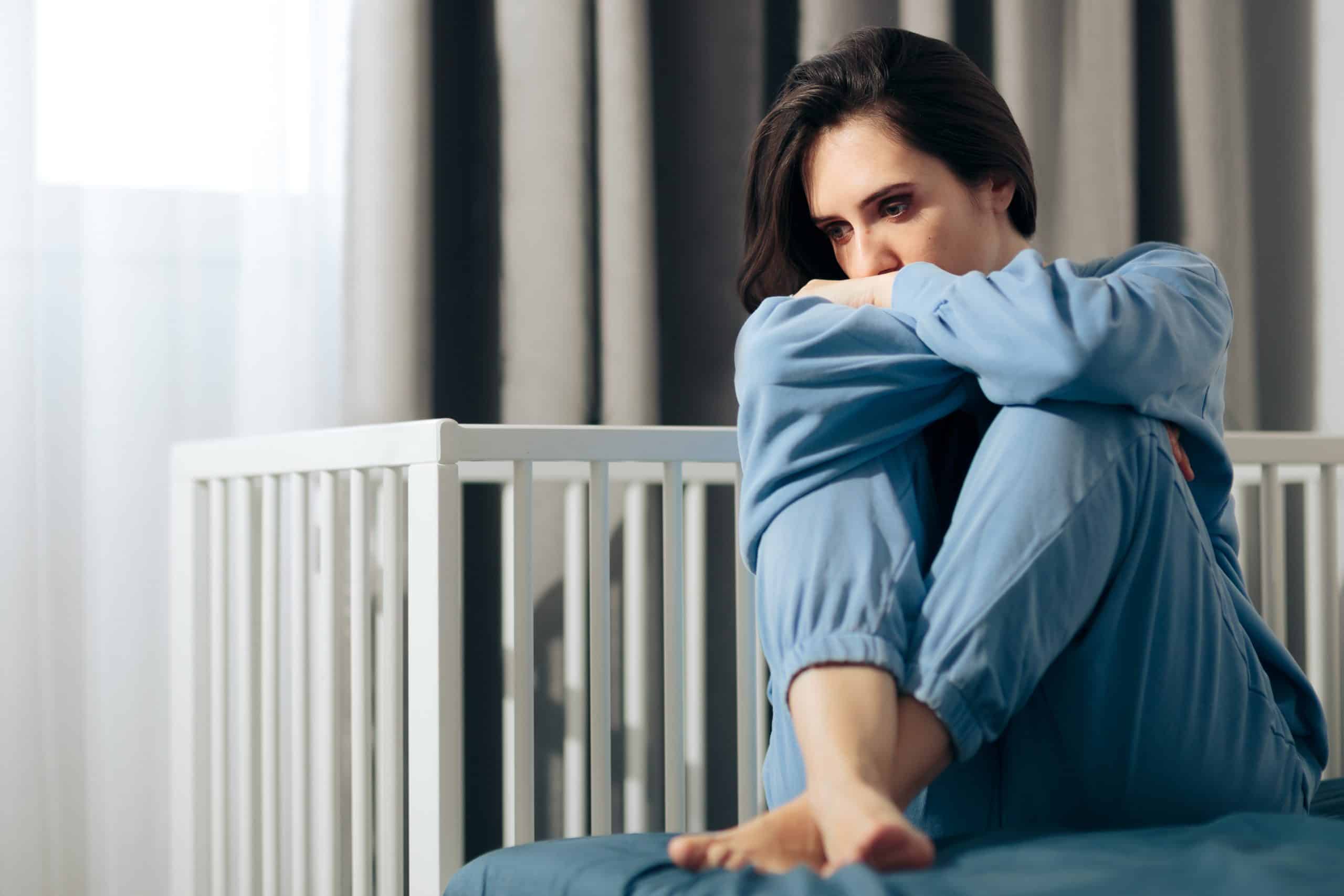
How Do I Know if I’m Suffering from Postpartum Depression?
Naturally, life with a newborn can be an emotional rollercoaster. With hormones, lack of sleep, anxiety, and excitement all in the mix, it’s understandable that life can feel overwhelming. But are you still feeling down a few weeks after giving birth? You might be experiencing postpartum depression, which affects as many as one in seven mothers.
At OB/GYN Associates of Alabama, we strive to support our patients not only with their physical health, but with their mental health as well. In honor of World Maternal Mental Health Day in May, we wanted to take a moment to address this common and frequently misunderstood condition. We hope that by bringing awareness to postpartum depression, we can help new mothers in our care get the help and support they need.
What Is Postpartum Depression?
Postpartum depression is a long-lasting form of depression affecting women the year after giving birth. It can lead to extreme anxiety and despair and may mean new mothers have difficulty caring for or bonding with their babies. Postpartum depression can also impact adoptive parents, surrogates, or partners.
If you think you might have this kind of depression, this does not mean you are a bad parent. Postpartum depression is a complication of giving birth and can be treated with counseling and certain medications. With support, you can recover and find joy in your new normal.
What Are The Signs Of Postpartum Depression?
Symptoms mainly affect your mental health. However, lack of sleep or stress on the body may impact your physical health, too.
The main signs of postpartum depression are:
- Feeling low or experiencing severe mood swings
- Difficulty bonding or caring for your baby
- Fear or anxiety that you’re a bad parent
- Poor sleep and eating habits (overeating or undereating)
- Withdrawing from friends, family, and activities you enjoy
- Fatigue and lack of energy
- Thoughts of death, suicide, or harming yourself or your baby
If you are experiencing suicidal thoughts, or are thinking about harming yourself or your baby, call 911 or seek the support of your doctor immediately.
When Should I See a Doctor for Postpartum Depression?
It is natural to have “the baby blues” for a few weeks after giving birth. Sudden changes in your lifestyle, hormones, and lack of sleep can make you feel down in the weeks after having a baby. If your symptoms persist past two weeks or start over two weeks after giving birth, you might have postpartum depression. If you are experiencing suicidal thoughts, you must seek help immediately.
Mothers experiencing a first-time pregnancy or those with older children both experience this condition. It might feel difficult to talk about, but getting support as early as possible can help you recover and reduce the impact on you and your family.
How Long Does Postpartum Depression Last?
Like any form of depression, it can be hard to identify how long symptoms last, but studies suggest that postpartum depression, on average, lasts between three to six months. Seeking treatment is the best way to minimize the long-term effect on yourself and your baby. Don’t be afraid to speak up—you are not alone!
How Is Postpartum Depression Treated?
Postpartum depression can be treated through a combination of medicine and counseling. Some women benefit from antidepressants, though there are also non-pharmaceutical options. Postpartum therapy traditionally involves talk therapy (also called psychotherapy), which can happen one-on-one with a mental health professional or in support groups with other women experiencing similar issues.
You and your doctor can map out a treatment plan to help you recover in a way that works best for you.
How Do I Find Postpartum Therapy & Support?
Postpartum depression is a condition that can impact all mothers after giving birth. It does not reflect your parenting skills and can be caused by factors like hormone fluctuations or stress and trauma disorders from a complex birth. The most important thing is to know that you are not alone and that you do have options!
Many obstetricians are trained to spot the symptoms of postpartum depression and can help you get the support you need. Our team is ready and waiting to connect you with the right resources and work on a plan together.
Connect with an OB/GYN in the Birmingham Metro Area
If you’re a new mother struggling with mental health or simply seeking an OB/GYN who will listen compassionately to your needs, contact OB/GYN Associates of Alabama. With three convenient locations in downtown Birmingham, Hoover, and Gardendale, we’re ready to help support your health and well-being. Contact us online or call (205) 271-1600 to request an appointment today.
Thank You For Choosing OB/GYN Associates Of Alabama & SmartFit Weight Loss.
Please complete our form or call us at (205) 271-1600 for general questions or to get started.


